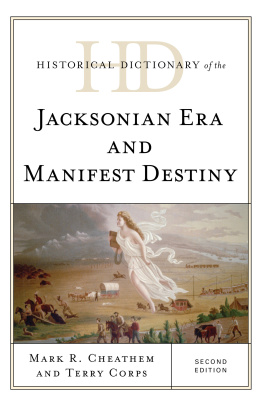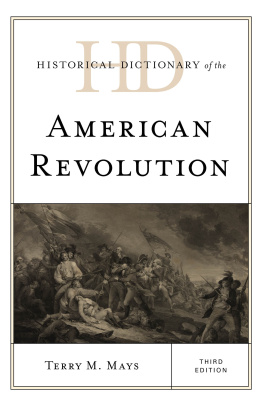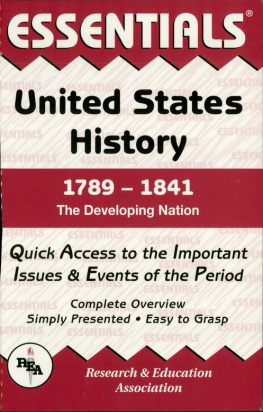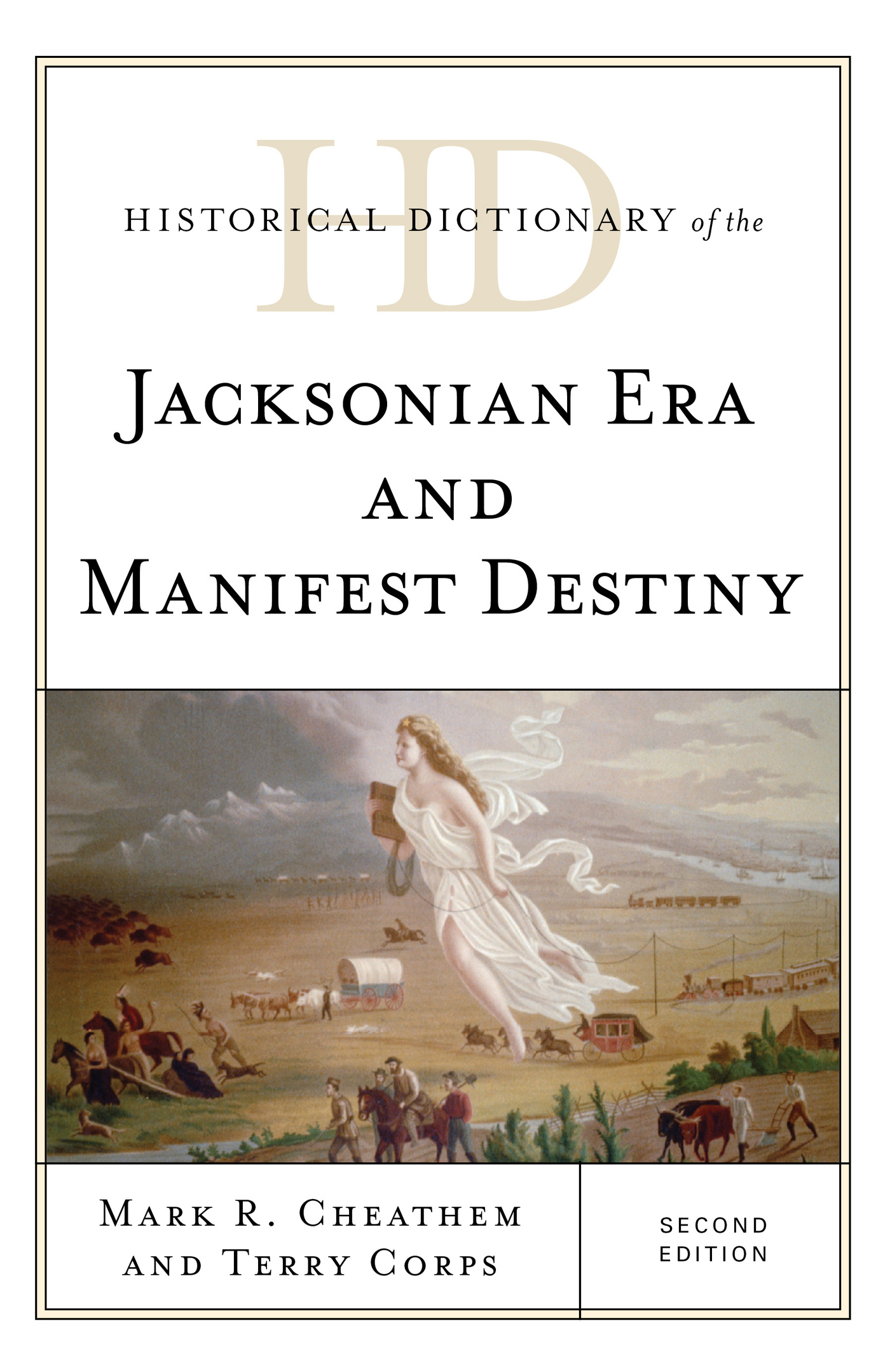The historical dictionaries present essential information on a broad range of subjects, including American and world history, art, business, cities, countries, cultures, customs, film, global conflicts, international relations, literature, music, philosophy, religion, sports, and theater. Written by experts, all contain highly informative introductory essays on the topic and detailed chronologies that, in some cases, cover vast historical time periods but still manage to heavily feature more recent events.
Brief AZ entries describe the main people, events, politics, social issues, institutions, and policies that make the topic unique, and entries are cross-referenced for ease of browsing. Extensive bibliographies are divided into several general subject areas, providing excellent access points for students, researchers, and anyone wanting to know more. Additionally, maps, photographs, and appendixes of supplemental information aid high school and college students doing term papers or introductory research projects. In short, the historical dictionaries are the perfect starting point for anyone looking to research in these fields.
Historical Dictionaries of U.S. Politics and Political Eras
Jon Woronoff, Series Editor
From the Great War to the Great Depression, by Neil A. Wynn, 2003.
Revolutionary America, by Terry M. Mays, 2005.
Early American Republic, by Richard Buel Jr., 2006.
Jacksonian Era and Manifest Destiny, by Terry Corps, 2006.
ReaganBush Era, by Richard S. Conley, 2007.
KennedyJohnson Era, by Richard Dean Burns and Joseph M. Siracusa, 2008.
NixonFord Era, by Mitchell K. Hall, 2008.
RooseveltTruman Era, by Neil A. Wynn, 2008.
Eisenhower Era, by Burton I. Kaufman and Diane Kaufman, 2009.
Progressive Era, by Catherine Cocks, Peter C. Holloran, and Alan Lessoff, 2009.
Gilded Age, by T. Adams Upchurch, 2009.
Political Parties, by Harold F. Bass Jr., 2010.
George W. Bush Era, by Richard S. Conley, 2010.
United States Congress, by Scot Schraufnagel, 2011.
Colonial America, by William Pencak, 2011.
Civil War and Reconstruction, Second Edition, by William L. Richter, 2012.
Clinton Era, by Richard S. Conley, 2012.
Old South, Second Edition, by William L. Richter, 2013.
Carter Era, by Diane Kaufman and Scott Kaufman, 2013.
From the Great War to the Great Depression, Second Edition, by Neil A. Wynn, 2014.
Barack Obama Administration, by Michael J. Pomante II and Scot Schraufnagel, 2014.
KennedyJohnson Era, Second Edition, by Richard Dean Burns and Joseph M. Siracusa, 2015.
U.S. Supreme Court, by Artemus Ward, Christopher Brough, and Robert Arnold, 2015.
American Frontier, by Jay H. Buckley and Brenden W. Rensink, 2015.
U.S. Presidency, by Richard S. Conley, 2016.
U.S. Constitution, by Richard S. Conley, 2016.
Jacksonian Era and Manifest Destiny, Second Edition by Mark R. Cheathem and Terry Corps, 2017.
Historical Dictionary
of the Jacksonian Era
and Manifest Destiny
Second Edition
Mark R. Cheathem and Terry Corps
ROWMAN & LITTLEFIELD
Lanham Boulder New York London
Names: Cheathem, Mark Renfred, author. | Corps, Terry, 1962 author.
Title: Historical dictionary of the Jacksonian era and Manifest Destiny / Mark R. Cheathem and Terry Corps.
Description: Second edition. | Lanham : Rowman & Littlefield, 2016. | Original edition cataloged under: Corps, Terry, 1962 Lanham, Md.: Scarecrow Press, 2006. | Includes bibliographical references.
Identifiers: LCCN 2016025525 (print) | LCCN 2016026604 (ebook) | ISBN 9781442273191 (hardcover : alk. paper) | ISBN 9781442273207 (electronic)
Subjects: LCSH: United StatesPolitics and government18291837Dictionaries. | United StatesHistory18151861Dictionaries. | United StatesTerritorial expansionHistory19th centuryDictionaries. | Manifest DestinyDictionaries.
Classification: LCC E381 .C47 2016 (print) | LCC E381 (ebook) | DDC 973.5/603dc23
Printed in the United States of America.
These perspectives influenced both the techniques the abolitionists adopted to convey their message and also their response to a variety of means of reducing the grip of slavery. Their writings gained prominence from the early 1830s onward, arousing southern fears about the dangers of an agitated slave population. From 1834 to 1835, the abolitionists really came into their own, with propaganda campaigns that took their message to the very heart of the problem and to the national political capital. Abolitionist publications poured into southern states, calling on slave owners to give up their stake in the institution and impugning their moral character if they did not. This provoked hostile reactions to what came to be dubbed incendiary mail. At the same time, abolitionists flooded Congress with petitions calling for that body to take action against slavery in areas where there was no doubt about the national legislatures constitutional right to do so, notably in the District of Columbia. Again, wider political reaction was negative, with the campaign to institute














 The paper used in this publication meets the minimum requirements of American National Standard for Information Sciences Permanence of Paper for Printed Library Materials, ANSI/NISO Z39.48-1992.
The paper used in this publication meets the minimum requirements of American National Standard for Information Sciences Permanence of Paper for Printed Library Materials, ANSI/NISO Z39.48-1992.